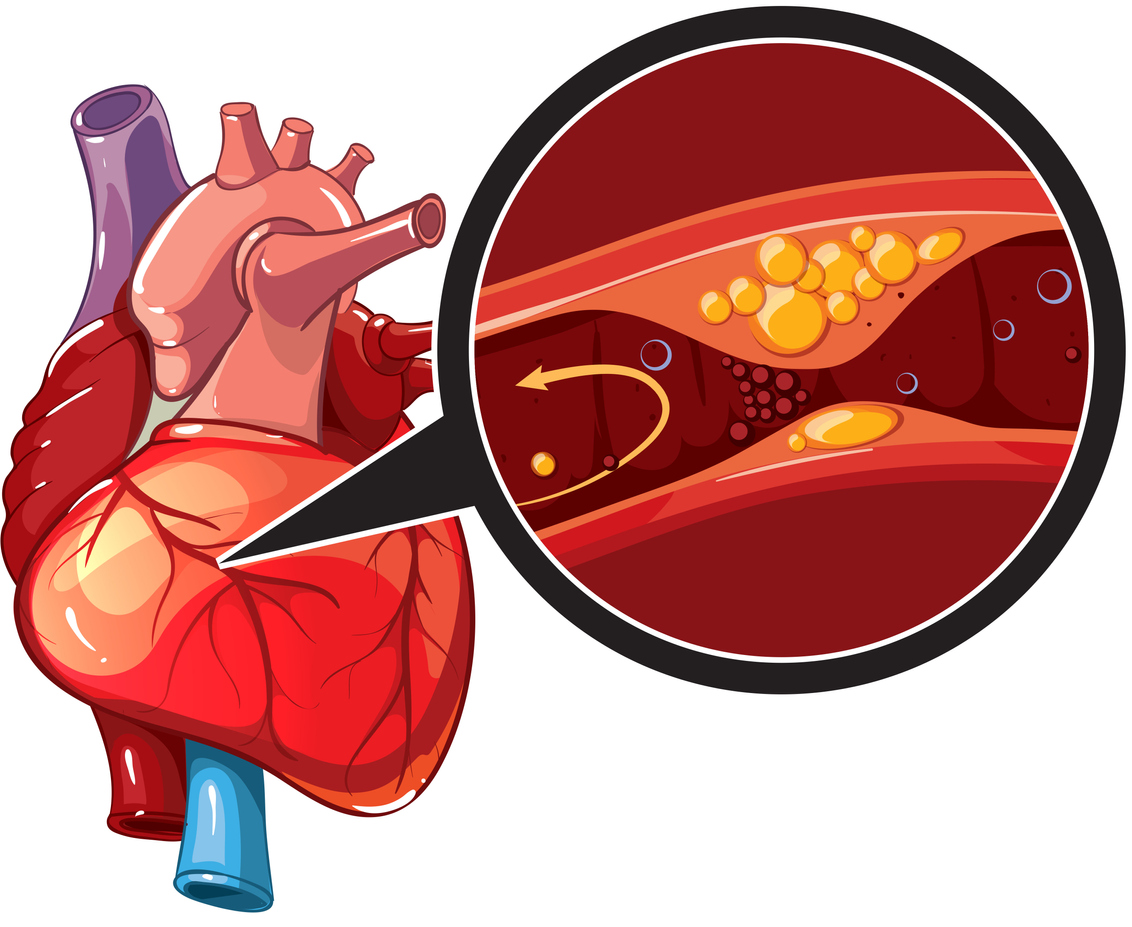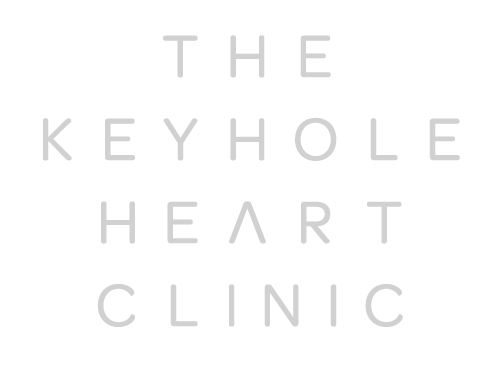Coronary Artery Disease: Causes, Treatments And Prevention Methods

The term “heart disease” can cover a lot of ground and refer to a variety of issues with the circulatory system, including high blood pressure and abnormal heart rhythms. However, when most people speak about heart disease, they are really referring to coronary artery disease. This is a condition that effects millions of people across the globe, but if the common symptoms are caught early enough, the issue can usually be diagnosed and treated quickly and efficiently, usually without the need for invasive surgery. In order to detect the symptoms, it is essential that you are as informed about your health as possible. That way, we can treat you as early as possible to prevent any future concerns.
In this post, you will be able to find out all about coronary artery disease, its causes, the types of coronary artery disease treatments, and prevention methods. If you have any concerns about coronary artery disease symptoms, we can help to arrange a remote cardiac screening or provide support.
What Is Coronary Artery Disease?
Put simply, coronary artery disease is the narrowing of the coronary arteries, which are no wider than a strand of spaghetti. These arteries are essential for delivering blood to the heart muscle cells, so any issues with them can cause major complications. In more detail, coronary artery disease is almost always caused by atherosclerotic plaque, which are gooey cholesterol-filled deposits that form inside the artery walls. This plaque is usually the result of an unhealthy diet, high cholesterol, high blood pressure, too little exercise, and smoking, all of which are damaging to the artery walls.
Once a coronary artery becomes clogged with plaque, it cannot always deliver enough blood to the heart muscle, which may not cause noticeable symptoms, but for some people, it can cause further issues. This can include angina or chest pain that occurs with physical exertion and stress, heart attacks, or a chronic condition known as heart failure. However, if the symptoms are caught early enough the condition can be slowed with coronary artery disease treatments. These symptoms include:
- Chest pain or discomfort
- Weakness or light-headedness
- Nausea and cold sweat
- Shortness of breath
How Is Coronary Artery Disease Diagnosed?
There are several ways that your doctor can test for and diagnose coronary artery disease. The method they choose will depend on your symptoms and how much a risk heart disease is to you. These methods include:
Electrocardiogram – this measures the electrical rate and regularity of your heartbeat. This test also gives your physician information about the health of your heart muscle.
Echocardiogram – an echocardiogram creates images of your heart by using sound waves, allowing your doctor to look for any unusual movements of the heart chambers. Your doctor will also be able to check the function of your heart valves.
Exercise stress test – this test measures your heart rate as you walk on a treadmill and will determine how well your heart works when it needs to pump more blood.
Chest X-ray – an image of the heart, lungs, and other organs in the chest by using an X-ray machine.
CT Coronary angiogram – This is a relatively non-invasive way to look at the health of your heart arteries. Modern scanners use very little radiation and their accuracy is very good.
Invasive Coronary angiogram – this method is currently still the most accurate way to look at narrowings in heart arteries. A catheter is passed through an artery in the wrist or the groin, and dye is injected into the heart arteries to create moving images of the internal health of your heart arteries.
There are several other ways to test the heart for coronary artery disease, but these are the most common methods. By booking yourself in for a diagnosis as soon as symptoms present themselves, you can slow the condition and learn how best to tackle it.
Types Of Coronary Artery Disease Treatments
If you are experiencing symptoms of coronary artery disease, you will likely be provided with advice on lifestyle changes, such as to eat a balanced diet, quit smoking, and maintain a regular exercise routine. You may also be offered medication, which will typically be provided following a heart screening to ensure that the you receive the best medication for the condition. For many people, this is enough for them to control the condition and live a generally healthy life.
We do increasingly advise that patients undergo some form of coronary artery angiography in order to exclude the presence of heart disease narrowings which may require urgent treatment. If such disease is found, you may require treatment with stents or surgery to correct the issue.
The Keyhole Essex Heart Clinic, are skilled in providing all of these treatment options to help you. Our team are recognised medical doctors who have specialised in heart treatments for many years. They can provide advice on coronary artery disease treatments and surgical options. This includes our remote cardiac screening, which will help us to determine the condition and the next steps. Some patients are suitable for coronary stent treatment where small tubes are placed into the heart artery narrowings to open them and keep them open. In others, a surgical bypass is the best option, which we are also able to offer.
We are one of the few teams, led by Mr Birdi, who offer single as well as multiple coronary bypass grating through small incisions without breaking the breastbone. This procedure and other available keyhole heart surgeries eliminate the need for the breastbone to be broken, reducing the healing time and creating fewer bleeding complications. This non-invasive form of surgery is quickly becoming one of the preferred coronary artery disease treatments for those that are looking for a non-invasive way of handling the condition.
We understand the physical and emotional toll that coronary artery disease can have on a person, so we want everyone to feel as healthy as possible. For more information on the keyhole multivessel coronary bypass and other coronary artery disease treatments, please do not hesitate to contact us. Let us help you today.

